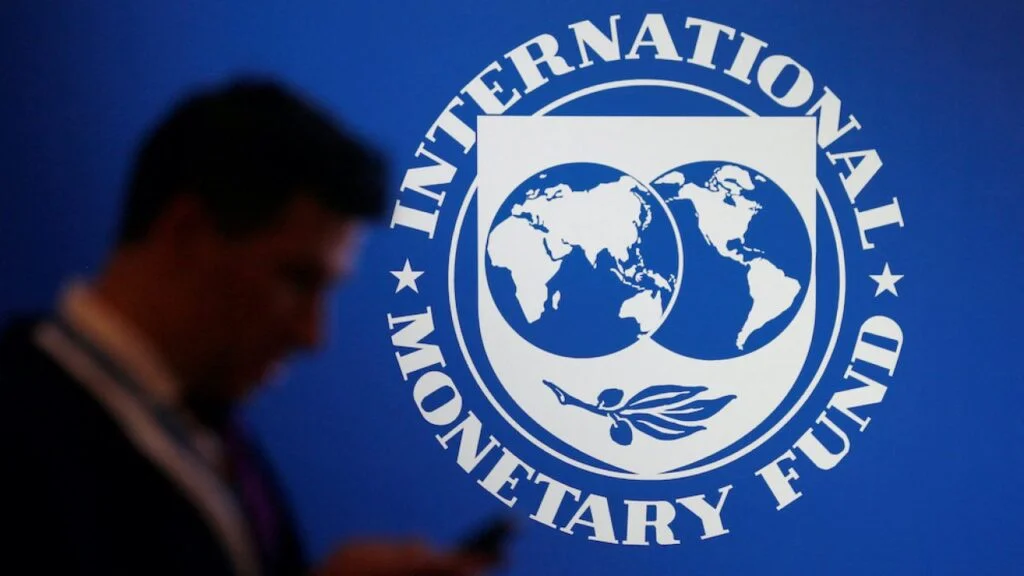Better crypto regulation is mostly driven by recent failures of cryptocurrency issuers, exchanges, and hedge funds.

According to the International Monetary Fund, over the past few years, crypto assets have transitioned from being “niche products” to more widely used assets, necessitating the need for more thorough regulation of the industry (IMF).
IMF officials underlined that crypto assets had firmly switched away from being “niche goods” to ones used for speculative investments, hedges against weak currencies, and payment instruments in a new report written by Aditya Narain, director of capital markets, and Marina Moretti, assistant director.
The failures of recent cryptocurrency issuers, exchanges, and hedge funds, the authors continued, have “added pressure to the call for regulation.”
However, according to Narain and Moretti, creating regulatory frameworks for crypto assets is a challenging task. They list the market’s quick evolution, the challenge of monitoring, and the lack of practical skills among regulators as some of the more significant challenges, stating:
“Regulators are struggling to acquire the talent and learn the skills to keep pace given stretched resources and many other priorities.”
The authors have also criticized the disparate regulators’ inconsistent approaches to crypto regulation and advocated for a coordinated, uniform, and thorough global framework.
“Some regulators may prioritize consumer protection, others safety and soundness or financial integrity. And there is a range of crypto actors — miners, validators, protocol developers — that are not easily covered by traditional financial regulation,” they explained.
“A global regulatory framework will bring order to the markets, help instill consumer confidence, lay out the limits of what is permissible, and provide a safe space for useful innovation to continue.”
Regulators from all around the world have kept meeting at the regulatory table.
Within the next four to six weeks, the long-awaited Markets in Crypto-Assets (MiCA) laws’ final legislative wording is expected to be made public in Europe. The Responsible Financial Innovation Act, a law to regulate cryptocurrencies, is expected to provide answers to some of the most pressing issues plaguing the digital asset market.
Even ardent cryptocurrency critics are beginning to support regulation over a general prohibition, with U.S. congressman Brad Sherman the latest to do so after acknowledging the market “has too much money and force behind it” to outlaw it at this time.
